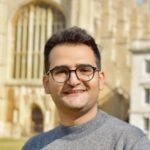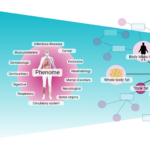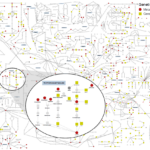Exciting news! EPIC-Norfolk has recently been shortlisted by the Novo Nordisk Foundation to take part in their Inter-SUSTAIN call.
There is now an opportunity for researchers to submit proposed research projects to compete for funding as the second part of this call. If a research project is successful then both the researcher and the study database will receive funding, helping to not only support the research project but also support improving and maintaining the study database. More information can be found on the Novo Nordisk Foundation website.
If you are a researcher considering submitting a data request, we would encourage you to take a look at the Novo Nordisk Foundation website and consider submitting a project proposal before the closing date of 10th February 2026.

 The EPIC-Norfolk Study
The EPIC-Norfolk Study








